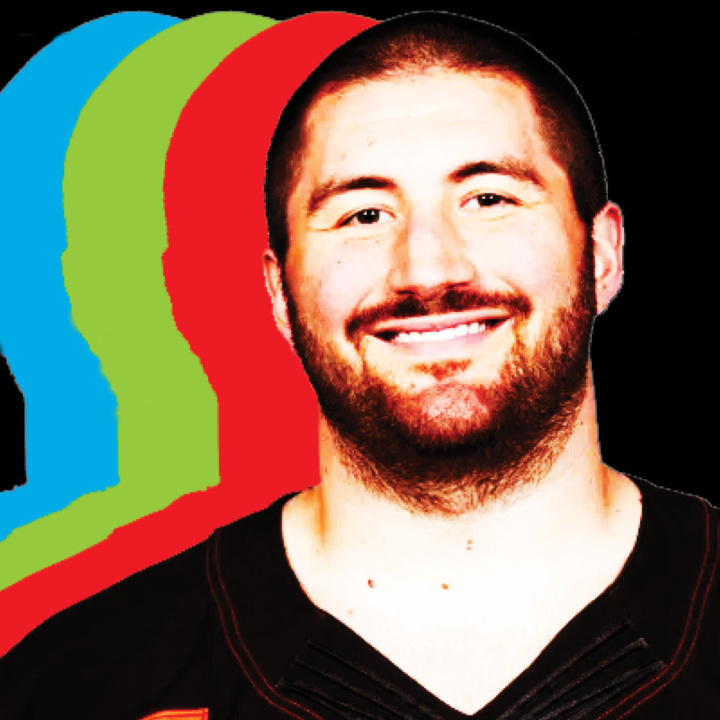
Setting a New Standard for Guaranteed Contracts
April 12, 2022
Now that we are a month into a normal free agency period, it is worth jumping into the topic of guaranteed contracts. But before we dive in, we have to start with some basic facts.
First, it is true that our collective bargaining agreement does not mandate guaranteed contracts across the board for players.
Second, we are exactly the same as the other leagues; there is no major sport that guarantees player contracts as part of their collective bargaining agreement. In other sports, most notably baseball and basketball, guaranteed contracts came about from the precedent set by one player and agent, with those coming after them demanding the same.
Our economic system since 2011 places an emphasis on making as much cash available to players as possible and forces clubs to spend it. While we have seen promising signs, if we want to set a standard for guaranteed contracts in the NFL, we should understand how it evolved in other sports to make it pro forma in ours.
In the NBA, the first fully guaranteed contract was given to Larry Bird. Larry entered into negotiations with the Boston Celtics in 1983 on the heels of Moses Malone’s record-breaking deal the previous year. Malone’s contract was not fully guaranteed, so Larry Bird and his agent took a stand and demanded that, if he was going to stay in Boston long-term, the club would not only have to exceed Malone’s contract, but they would have to guarantee it.
Here’s an excerpt from the New York Times report about those negotiations in 1983: “Unlike the Malone contract, which reportedly included $350,000 a year in incentive bonuses, the Bird negotiations are said to have focused on a fully guaranteed contract without such bonuses.” Larry got his fully guaranteed contract in the end; and while it was a major accomplishment to be the first, the trick for NBA players and agents was using their leverage to ensure that there would be a second, third, fourth and so on, normalizing guaranteed contracts across the league.
In MLB, the first fully guaranteed contract was Catfish Hunter in 1974 for $3.75 million over five years. While baseball players had a decade head start on basketball, the formula was the same. Once Hunter signed his deal, the agents, players and union worked together to leverage almost every other free agent deal into a fully guaranteed contract. What was most impressive about Catfish Hunter’s deal was that it happened before baseball had true free agency and the player worked closely with his union to make it happen.
For NFL players, the path should not be that different. Yes, we have more players and yes, we have a different game that sets up different challenges. But we have seen flashes of players negotiating fully guaranteed deals.
We had an opportunity a few years ago when Kirk Cousins and his agent Mike McCartney wisely used the leverage of the franchise tag and free agency to earn a fully guaranteed contract from the Vikings. They worked closely with our union to make it happen. The talk in our locker rooms was a hope that other top free agents – especially QBs who were negotiating immediately after Cousins – would demand the same.
That did not happen. But we may have hit a turning point with the Cleveland Browns and Deshaun Watson. For years, clubs have told agents that a main reason for not guaranteeing contracts was the “funding rule” – an archaic league rule that says teams must put into escrow an amount of money equal to what they are guaranteeing a player in any contract beyond the first year.
Thanks to Jimmy Haslam and Andrew Berry of the Browns for doing what other NFL owners and executives have mostly been unwilling to do, despite comments and reports of other NFL owners bemoaning the move. We once again have proof that the funding rule is an artificial barrier to guaranteed money, and credit to David Mulugheta, Watson’s agent, for working with our union to push past it.
The question now becomes can we – agents, players and the union – work together to seize an opportunity and set a true standard for future players. Time will tell, but we hope that this becomes a turning point; one that our union stands ready to support.